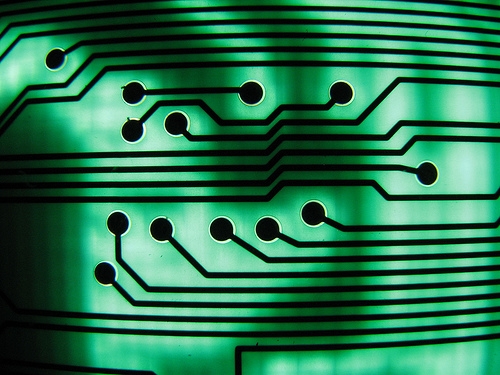
Terminal blocks are a type of versatile electrical connector that can be found in several places; for instance, in the average automobile. Since they allow complicated devices to be connected and disconnected easily, it should come as no surprise that practically every circuit in a car uses at least one.
The phrase "terminal block" can generally be applied to any kind of connector that allows multiple circuits to be disconnected at a single location.
Terminal blocks can be found in three categories: screw-in, plug-in and PCB (printed circuit board) mounted.
Screw-in blocks can commonly be found on low-voltage circuits like stereo equipment. The main benefit of this type is the ability to use bare wire ends to make a connection, but the exposed wires are left exposed. This can lead to weathering-related and short-circuit malfunctions.
Plug-in blocks can be found everywhere in a car and consist of a male terminal that plugs into a female receptacle. The best example of a plug-In type would be either of the average car's two fuse panels.
Printed circuit board (PCB) blocks are permanently soldered to the circuit board on which they are found. Computer and sensor wiring harnesses are good examples of these.